Fire in the hole!! - Anarcho Capitalism / Communism - debate/discussion Part 2 - after many comments
First thank you for the great responses. They gave me a lot to think about and research. I've also been following some the blog entries from people that responded to me. I think one thing we can all agree on is we have a great community here. If you missed the first part of this debate which was my invitation you can read it HERE and please see the comment section as there are many great comments, and it certainly was not a lot of people agreeing with me.

This will not be a short post... deep topics discussed
It is difficult to do a topic such as these two service in little blurbs. I am going to attempt to respect the efforts of others who posted on related topics or commented, so by extension this blog entry will not be short. I will try to format it and provide images to break it up for easier flow.
Before we get too far I noticed one of the more important questions was never answered
I will ask it again to emphasize that it is important and thus hopefully illicit a response as I believe it is pretty crucial to specify these things. I also indicated this question is one asked of Anarcho-Capitalists as well.
Question: How do you deal with people like me who disagree?

No one really answered that, but then again neither did I. I am not a representative of all ancapistan but I will try to give some plausible explanations. Ancaps believe in the free market. We have the right to trade and exchange property with whomever we want to. Those that practice aggression against others, and violate the property rights of others are really the only people that would be doing a negative. People simply would not do business with them so unless this person is super-omniscient-inventor man who is an engineer, a construction worker, a cook, a programmer, a brewer, a farmer, a seamstress, etc. they will find it difficult to acquire all the things they need. They could try to steal some things, but there are a couple of things to consider. First they wouldn't be able to spend everything they need, and second NAP does not mean will not defend. Ancaps would also be defending themselves and their property. How long could this person truly hold out without cooperation and assistance from the others?
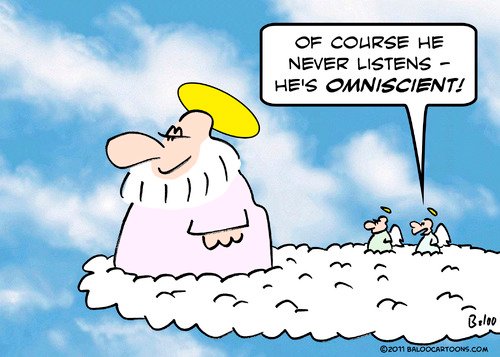
That really is the only question that I think was not answered, but as I stated I had not really answered it either. (until now)
I am jumping around there was a lot of response to this @bacchist actually DID respond to that question
bacchist
What is it you're not agreeing to? And why would you be dealt with? Anarchism is based on free association. Nobody would be holding you hostage.I give some examples of this later. What if I am the only person that knows how to make a certain thing and the one with the abilities and I'd rather do something else? You need WIDGET42 and I'm the only one who can make it, and I say "I'm going fishing." Everything is public, I can take whatever I need according to what I've been told. So I don't need anything and I want to go fishing. You come back tomorrow and I still have everything I need "I am going hiking"

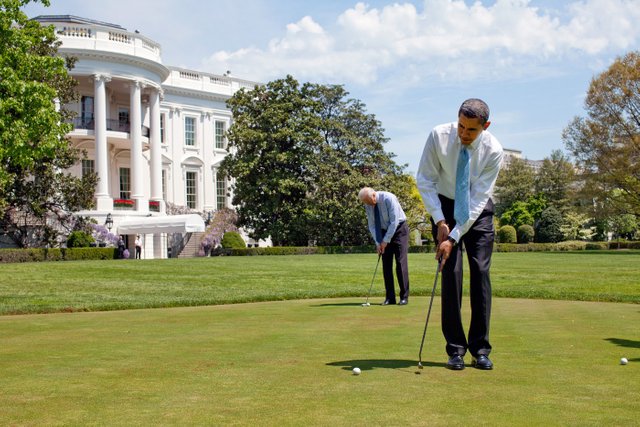
@orly
I believe all humans have the common goals of survival and exploring the true nature of existence. It's in our best interest to allow and help one another pursue these goals. And I do believe that unless we're conditioned by this seriously misguided society we have today, all humans are capable of internalizing and living by these thoughts.
And when you look at society like that, there's no need for property, there's no need for each individual fighting for their own survival. Everyone chasing one's own interest and profit leads to inequality and the lack of sense of fairness leads to envy and violence. It leads to working for rising to the top rather than working for the prosperity of all. It leads to competition rather than cooperation.
This is the common thing with Utopian Dreams they presume upon the notion that human nature does not exist as it currently does. Even Anarcho-Capitalism has to deal with this to a degree but the market prevents people from outright just deciding to be dastardly and be able to get away with it. I do believe such a goal may be achievable at some point, but again this illustrates why I say Ancap could exist before Ancom simply because markets exist today (not free) yet we are talking of moving to Ancom/Ancap. Ancap I believe is less vulnerable to the requirement of a "New Man" type scenario. Let me quote one of my fellow Ancaps that responded regarding this issue.
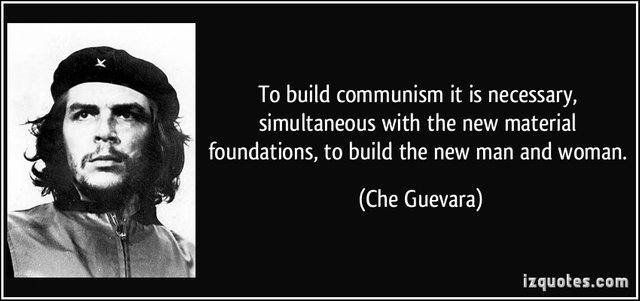
@aquazul
In Cuba, Russia and other communist countries there were always discussions of the "New Man", an admirable individual who was not interested in selfish gain but only in the welfare of the entire society and it was thought that these altruistic people were what was needed for communism to work. The only problem was there were none, nobody thought in this way and how ever hard they strived the commies never managed to change this fundamental aspect of human nature. If the world became completely Ancap, charities could replace the welfare state, technology and machines could create an abundance of food and energy, travel and housing could become extremely inexpensive, possibly even free. At this point real anarcho-communism would emerge as status in society would not be found though material wealth but by the importance of the individual's contribution to society. The "New Man" would come into existence! How many generations will it be?
I tend to believe @aquazul is correct that such a thing might be possible in the future, though I do think it would require generations of changes to culture, and mental evolution. Man as they are now I am confident this would not work. We have too many things that would first have to be unlearned. There is some unlearning that would be required by Ancaps as well, but I believe initially it is not as alien to human nature as the stated description by @orly would be initially. That does not mean it is not a goal with investigating and pushing towards.
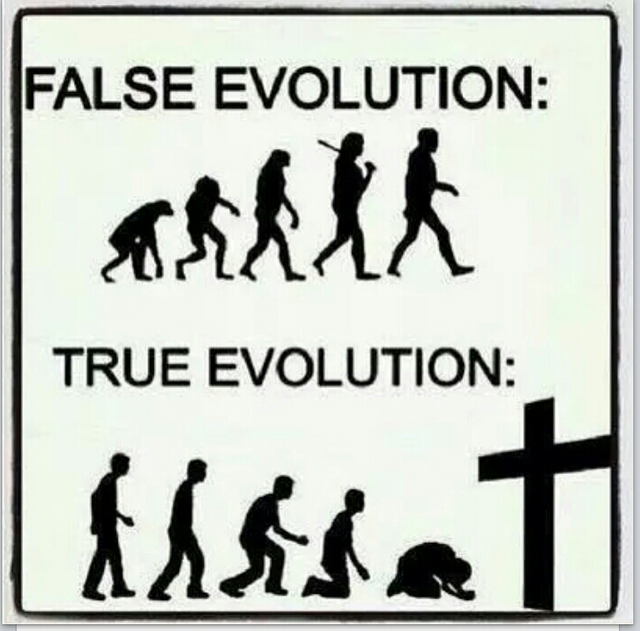
@orly
But that's exactly what anarcho communism is. All means of production are publicly owned, used by whoever needs them at the time. Everyone produces according to their own ability and in turn freely takes what they need. I don't see why this would imply a state or any governing body. You can have ad-hoc associations of people working towards the same goal at the same time, they don't form a closed group by any means are not ruling over anyone.

This would require some sort of prescience. How do you know what will be needed? If I need a specific type of chip to make and invention, who is going to make it? How do I requisition this chip so I can take it from the public. I do not assume the goods would magically appear as people NEED so they can take them whenever. In a market these things are driven by market forces. I requisition them and order them. Why would a person that makes these chips in Ancom Land decide to stop what he is doing and make me the chip that he is the expert in? Now apply this to everyone. This is one of the guiding reasons for needing a market. It is not purely about private property but that is partially what drives it on. A person needs a reason that what you WANT should preempt what they want. If I want that chip how am I going to convince him that my chip is more important than something else he has planned?
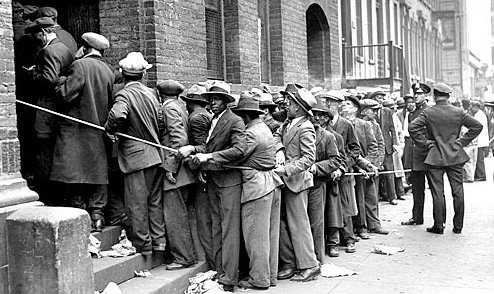
All of this may be possible with mental evolution of mankind, but I contend it is not achievable now and it most likely would lead to the need for central planning. Central Planning is just another name for a state. You can dress it up in all the fancy feelings you may want yet still it would be telling other people what they should do.

This is where that question I asked at the beginning of this post really kicks in. How do you deal with people that don't want to stop what they are doing to make that chip? How do you deal with people who don't see anyone as having authority over them so they ignore the central planners?
@orly
Each individual decides for themselves. When everything produced is free to take, there's no hierarchy, no money, no private property, there's no material means to measure the status of any individual.That sounds really nice. Who produces it? Why do they produce it? How do they know they need more? What if they are busy doing something else? What about emergencies?
I ask because a market easily and quickly deals with these issues with very little complexity and no central planning of any kind required.

If anyone set aside a bunch of resources claiming it was their private property and vigorously defended it, it wouldn't get them any advantage.
I don't think you would have this problem. I don't think you would have an abundance of resources. Your problem would be convincing the people to make the resources you need, and you'd likely have quite an issue with queues.

Personal property is whatever you have on you at the time that is not a means of production for society.So in my example before with me carving a big stone into a lion for my yard. Since it is not private property does that mean someone can go along and haul it off to a public building without my say so? Do they get to decide where anything I make goes? If they don't then that is private property. If they do then, I'm sorry but that's pretty messed up. I'm not going to go making things to improve the surroundings around me to only have anyone that so desires come along and drag them off somewhere else.

If someone asked me to make them something to haul off in such a society and I wasn't busy doing something else I could DECIDE maybe to make something like that for them.
It might be low priority, I might want to go fishing or post on steemit instead. :)

In your example of FARMERS and opening a business @orly you were operating from what it looked like to me under the false view of capitalism as it is when the state gives them unfair advantages and blocks access to people. Furthermore, opening a business is not like with a state. You simply say "I have potatoes, does anyone want to trade?" If there are not enough potatoes to go around you'll have no troubles. If there are tons of potatoes already and you chose that to do then you'd better know some other way to compete either by lesser labor, higher quality, better service/delivery, etc. I have not stated that Ancaps will support anyone just because. You are responsible and must do your work and if you make dumb decisions that is on you. Otherwise again it essentially becomes a STATE and making someone else responsible. That does not mean an Ancap could not choose to help out that person that made a dumb mistake and perhaps even help them find something they could do. They would not be obligated to do such. If a person continues to make dumb mistakes then they likely would have some difficulties. Though there may be ancaps that are well off that decide they have an interest even in helping those people. The key is it is voluntary. People can even decide to live completely on their own if they so choose. It is about choice, and responsibility for your choices.
nativeskimo
But you make it sound as if every interaction with someone always has the potentiality of becoming a rigorous contractual engagement; when society does not work like that.
Actually it works that way even now. The problem is not with contracts it is with your perception that contracts have to be complicated. They do not. In fact they should be generally very simple, and far more simple than they are today.
If you've bough a house anytime recently, how did you like signing hundreds of pages of documents. In an Ancap society that likely would amount to one page. I suspect even in Ancom you'd need something as well.
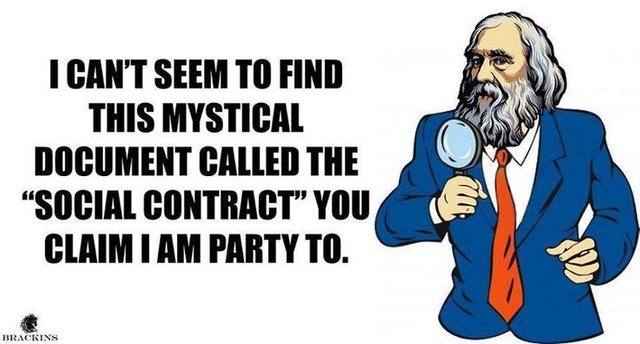
orly
Say some of the individuals in an anarcho-capitalst society decided to treat all their private property as public means of production and form an anarcho-communist group. On the surface, it would seem that from the perspective of the capitalists and the free market, the communists could be considered a single entity. However, if you look at it from the communists perspective, they would be subject to control and limitations from the surrounding capitalist environment. Just to present a few issues:
That is ONLY true if Anarcho-Communism is in fact what I was surmising and NOT anarchy. If it is Anarchy then it can exist fine inside of Anarcho-Capitalism. If it cannot then it is in fact not Anarchy. It is a State. However, I am not the one saying it cannot exist inside of an Ancap society, I believe pretty much ANY other type of society could voluntarily exist inside of an ancap society, they just could NOT force people out of those who signed a contract to participate in that contract to behave as they wanted. To do so would again, make them a State.

As you started to hint at though @orly I do think the people in the Ancom society inside of the Ancap one could decide however they wanted to interact with the outside Ancap society. It'd be much like Mars being Ancom and Earth being Ancap and they interact with each other. (as long as their is no force)
a lot of them would have to be significantly rethought to fit the environment, most likely to the point where it couldn't even be labeled anarcho-communism anymore
I think you could make it work. I also think it'd be no different than if you has territory on the planet now and setup an anarcho-communist nation there. (in this case I call it nation due to natural borders, much like Mars has obvious natural borders)
bacchist
I'm not sure what conclusion you are talking about, but I'll do my best to answer your question. Nobody decides what your abilities and needs are. You demonstrate your abilities by exercising them. You determine your needs in whatever ways are appropriate.I like this. This is really no different from Anarcho-Capitalism.
@whitezombie recommended I read "The Conquest of Bread" by Peter Kropotkin. I obviously have not had a chance to go read that yet though I am again referencing it here so it is bookmarked for posterity.

This concludes this stage of the debate/discussion

PLEASE NOTE: This is an incredibly complex philosophical and ideological debate. There are no winners and losers here as far as I am concerned. We are discussing hypothetical utopian ideals and WHY we think they will or will not work. They are hypothetical until we put them to the test. It is then that our questions will be answered. I suspect as with most things that those of us in the future that get to try some of these things out will be looking back at both sides of this fence and laugh at us. Each side of this discussion primarily has their preferred stance on how property is handled. That is primarily the dividing line.
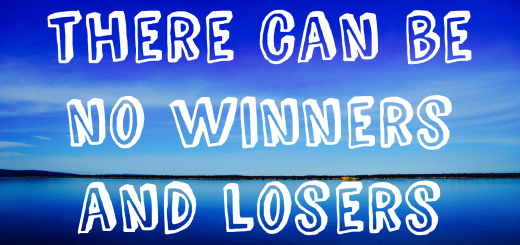
I think if humankind made some significant mental evolutionary changes they might manage to work in an Ancom society, but without such a change I do not see it as at all plausible. I believe those changes could happen in the future though and then it might be very plausible. Likewise, even Anarcho-Capitalism would be tested by some human nature, but I do not believe it is as alien to our natural tendencies as what the Anarcho-Communism branch would be. Psychology and behavior bear this out. People develop a sense of property just as other animals do. This is true even of herd animals when another starts sniffing at their food.
Please check out @orly, @bacchist, @lukestokes, blogs as well as the other participants. Many of them have written articles on these topics and I could not feasibly include all they have said here in this post. @bacchist is particularly prolific.
Anarchism is based on free association. You are talking about it here, when you say people can choose who they want to do business with... But you don't seem to allow for the same sort of thing to happen in an anarcho-communist society. You keep talking about people being greedy and lazy as if nobody had any choice whether to associate with them.
There is a difference. You said people could take what they want or need. So even someone lazy can take what they need. They can't really do that in an ancap society.
EDIT: It is not even necessarily that they are lazy. They simply may have other interests they think are more important to them. In an Ancap society the importance is being able to pay for food, etc. You are responsible for yourself.
-Pëtr Kropotkin, The Conquest of Bread
Ok so in that aspect it is similar to Ancap too in that they will help if they are able (rich enough) but otherwise pretty much the same thing. That was ACTUALLY the information I was looking for. Thanks for taking the time to share that passage.
Alright, @bacchist, let me try to comprehend this. In a Communist society, the government would (ideally) redistribute goods in such a way that every man would be compensated according to his needs. Every man should then (ideally) work according to his ability, except there would be no actual economic incentive to do so.
As far as I understand it, the argument is as follows: Anarcho-Communism would eliminate the need for any incentive, since freedom of association would instead allow the rest of society to simply penalise those who are unproductive,
But it still doesn't explain how to determine what is needed. What if, hypothetically speaking, everyone decided to produce the exact same thing? How would it, for instance, be determined who should carry out the most strenuous manual labour?
If everyone is allowed to choose for themselves the work they want to do, then, surely, no-one would want to work harder than others. And if everyone chose the easiest job and simply produced the same thing, they would be unable to punish each other for being "unproductive".
Even though everyone would be forced to be productive (owing to freedom of association), it seems to me that – as @dwinblood pointed out – there would be a need for some sort of central planning to ensure that this productivity be put most efficiently to use.
According to communist theory, there would be no state. The end goal of communism is a stateless society. The problem is that the strategy used by a lot of communist movements historically has relied on seizing state control.
But I digress. Generally speaking, human beings are intelligent enough to realize that they need to have different people working on different tasks in order to accomplish the various needs of a society. These things can be worked out and agreed upon in a decentralized fashion.
If people can't be trusted to figure this out on their own, adding money to the mix isn't going to magically solve the problem.
It's true... anarcho-communists possess great prescience. Look, I even wrote chapter one of Conquest of Bread into the blockchain for you a month ago.
https://steemit.com/anarchism/@bacchist/petr-kropotkin-the-conquest-of-bread-chapter-1
Smile :) I've heard of that book before. I think it may be in my Amazon wishlist.
I wasn't here a month ago... so you must indeed have been prescient. Though I'm closing on 4 weeks. :)
Love it every time... my quote on the social contract: "My signature has never freely gone on any contract, anything I have signed was signed as a result of threat on my life."